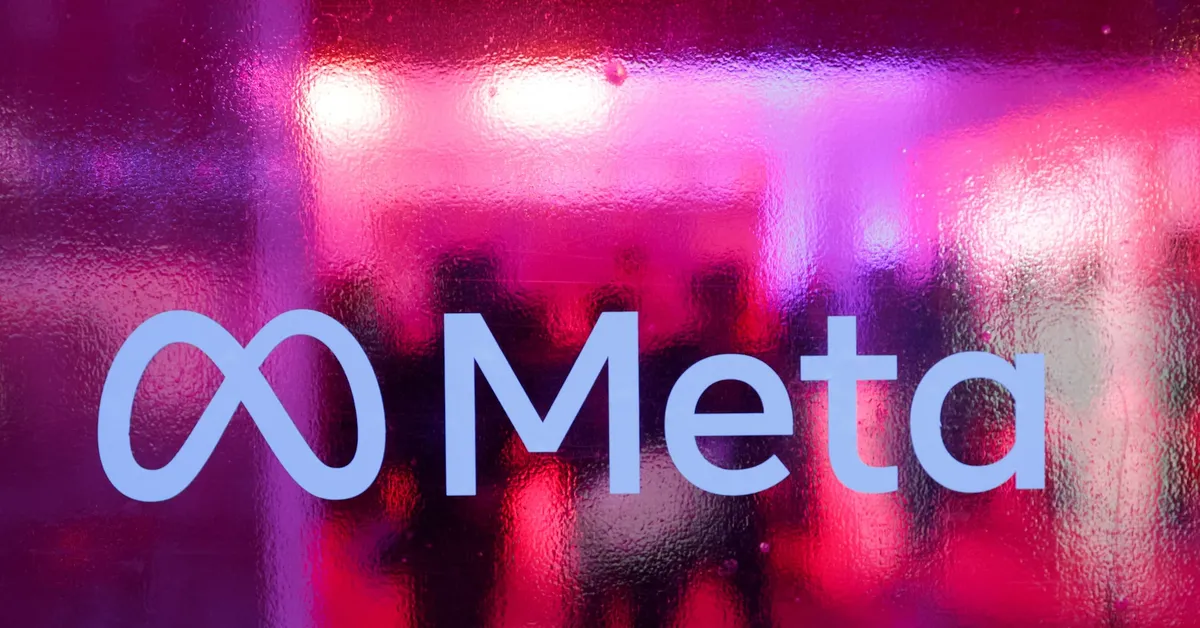
At its headquarters in Menlo Park, California, CEO Mark Zuckerberg is set to unveil Meta's very first consumer-ready smart glasses featuring a built-in display. Analysts anticipate these innovative glasses will retail for approximately $800. Internally codenamed "Hypernova," the product is expected to be marketed as "Celeste" and will include a compact digital display in the right lens, allowing users to access basic functions like notifications.
The upcoming glasses are projected to be significantly less advanced than the Orion prototype glasses showcased by Meta at last year's event, which Zuckerberg referred to as a "time machine to the future." As of now, the company has not responded to inquiries regarding the specifics of the new glasses. Looking ahead, Meta plans to launch the Orion glasses in 2027, while currently offering two existing lines of smart glasses developed in collaboration with Ray-Ban and Oakley. These glasses are equipped with artificial intelligence features, cameras, hands-free control, and the capability to livestream directly to Meta's social media platforms like Facebook and Instagram.
Since 2020, Zuckerberg has invested over $60 billion into Meta's augmented reality division, emphasizing that smart glasses will serve as the primary means for the company to integrate superintelligence—a theoretical concept where artificial intelligence surpasses human intelligence—into daily life. In a bid to keep pace with advancements in AI, Zuckerberg has ignited a billion-dollar talent war, aggressively recruiting researchers from competing firms. However, whistleblowers have raised concerns that Meta prioritizes profit over user safety.
Recent reports from Reuters have revealed troubling aspects of Meta's AI policies, which allegedly allowed chatbots to engage children in inappropriate discussions about sensitive topics. Whistleblowers further stated that Meta's researchers were instructed to avoid investigating potential harms to children using its virtual reality technology, enabling the company to maintain a façade of ignorance regarding these issues. In response, Meta has previously indicated that it has removed controversial elements from its policies that permitted chatbots to engage in romantic roleplay with minors.
During the upcoming two-day Connect conference, Meta is also expected to launch its inaugural wristband designed to control the new glasses via hand gestures. Additionally, an updated line of Ray-Ban glasses is on the horizon, featuring enhanced cameras, improved battery life, and support for new AI functionalities. Despite these advancements, analysts predict that the anticipated $800 price tag of the glasses—significantly higher than the $299 starting price for the Ray-Ban line and $399 for the sportier Oakley glasses—will limit their market share.
Industry expert Jitesh Ubrani, research manager for International Data Corporation's worldwide mobile device tracker, noted that the glasses are expected to be somewhat bulky and less consumer-friendly in design. He estimates that the device may only sell a few hundred thousand units at best, though it could encourage more developers to create applications for the platform. This initiative is a strategic move aimed at eventually establishing a more mainstream headset.
To attract developers, Meta is likely to introduce a new software kit that will open its smart glasses to third-party developers, providing opportunities for innovation and growth in the augmented reality space.
Reporting by Aditya Soni and Echo Wang; Editing by Sayantani Ghosh and Sonali Paul. Echo Wang is a correspondent at Reuters, focusing on U.S. equity capital markets and the intersection of Chinese business within the U.S. She has extensively covered breaking news related to the U.S. crackdown on TikTok and Grindr, as well as the challenges faced by Chinese companies in New York listings. Wang was recognized as Reuters' Reporter of the Year in 2020.